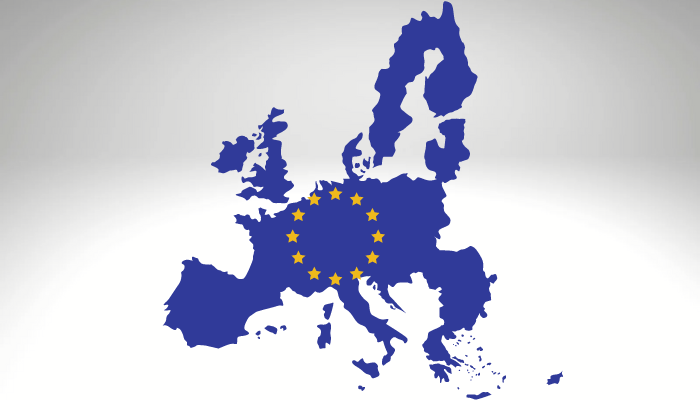 In 2023, on the occasion of the 30th birthday of the Single Market, the European Council of 30 June 2023 tasked Mr Enrico Letta, former Prime Minister of Italy, to prepare “an independent High-Level Report on the future of the Single Market to be presented at its meeting in March 2024 and invites the incoming Presidencies of the Council and the Commission to take forward this work, in consultation with the Member States”. Less than a year later, Mr Letta has published his work, entitled “Much more than a market”.
In 2023, on the occasion of the 30th birthday of the Single Market, the European Council of 30 June 2023 tasked Mr Enrico Letta, former Prime Minister of Italy, to prepare “an independent High-Level Report on the future of the Single Market to be presented at its meeting in March 2024 and invites the incoming Presidencies of the Council and the Commission to take forward this work, in consultation with the Member States”. Less than a year later, Mr Letta has published his work, entitled “Much more than a market”.
In his report, Mr Letta stresses that “more than thirty years after its creation, the Single Market remains a cornerstone of European integration and values, acting as a powerful catalyst for growth, prosperity and solidarity. However, the international scenario has changed profoundly, highlighting the need to develop a new Single Market” (p.3). In Mr Letta’s report, such a new Single Market includes a greater integration of financial markets and energy, a common market for defence and space industries as well as transport. Indeed, as Mr Letta acknowledges, the success of the single market depends on the political support it receives and is not, contrary to popular belief, a technical project.
The political dimension of a successfully integrated Single Market, where actors play by the rules they have signed up to is also crucial in terms of infringements and gate keeping.
Last year, spiritsEUROPE contributed to the report by sending input to the office of Mr Letta. In this contribution, we focused on the need for more harmonisation, the role of the European Commission as guardian of the Treaty and its role in infringement proceedings (which are at a record low), to name but a few.
spiritsEUROPE is pleased to note that the report does indeed conclude that “the process of addressing and remedying serious infringements is crucial but it currently faces challenges that reduce its effectiveness. These include the slow pace of proceedings, and the inadequacy of penalties to act as a real deterrent against future violations. (…). Addressing these issues is paramount to ensuring that the Single Market remains a cornerstone of European economic integration and cooperation. One viable approach could involve adopting a model similar to that used in EU Competition law enforcement for handling cases of significant legal, economic, or social impact. This model would streamline the process introducing more transparency and codified procedural steps starting from the initial steps until the final decision of referral to the Court of Justice that might lead to the imposition of fines. An alternative strategy would entail delegating a specialised entity to investigate potential infringements helped by a cohesive network of independent Single Market enforcement bodies across Europe” (p.128). Any developments based on this assessment by the new European Commission would be warmly welcomed by spiritsEUROPE.
Going forward, the report is intended to inform the policy priorities of the incoming European Commission and we hope it will not only promote integration in new policy areas but will act indeed as guardian of the Treaty and will play its role in enforcement proceedings, thereby helping to make the Single Market much more than a (theoretical) market.